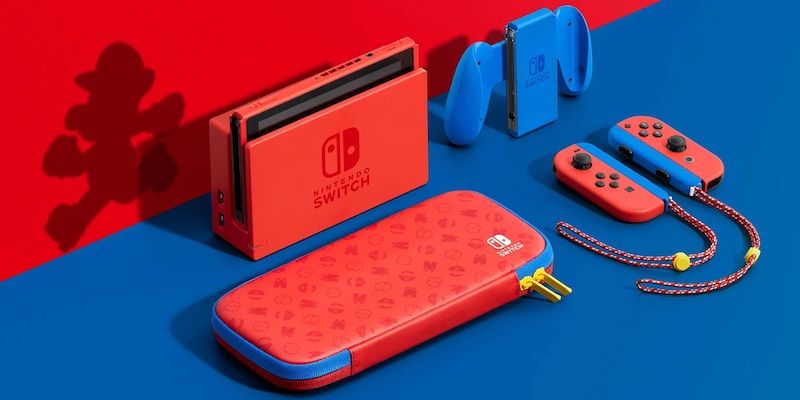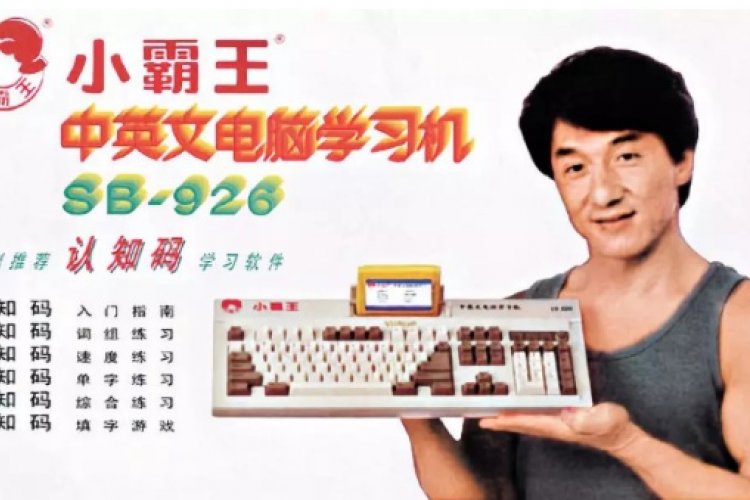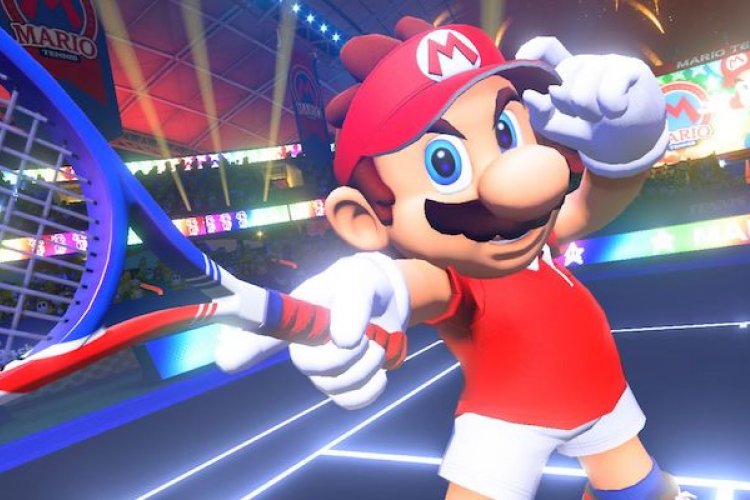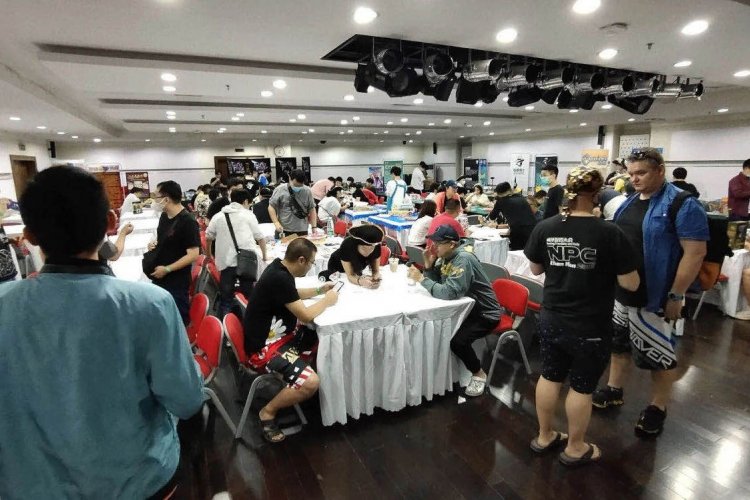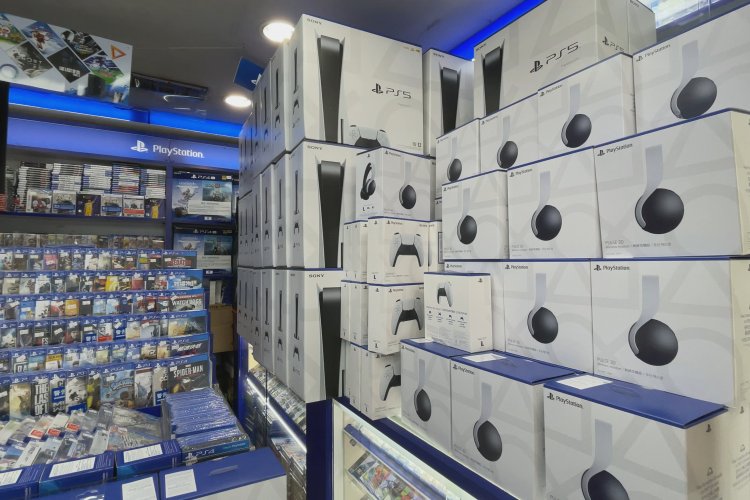Kapital Koopas: Steam Comes to China Alongside New Video Game Rating System
Press F to pay respects to all the fallen goombas. It's time for a deep dive into China's gaming culture in our column, Kapital Koopas.
Steam gets an official China launch, much to the chagrin of Chinese gamers
If you're a computer-based gamer then chances are the first thing you think of when you hear the word "steam" is the digital video game distribution platform, as opposed to the old-timey mode of propulsion.
Launched in September 2003, Steam was originally a way for its parent company Valve to provide automatic updates for its catalog, which includes world-renowned franchises such as Half-Life, Counter-Strike, Dota 2, and more. However, it wasn't long before this humble mission was expanded to include games from third-party publishers and developers, quickly solidifying the platform as the world's largest digital gaming distribution channel.

For gamers in China, Steam has always been accessible without the need for external resources and its website supports Simplified Chinese as a language option. Likewise, the company's frequent discount events and other sales have earned it a devoted following on the mainland. However, as the Chinese gaming market becomes an ever-more lucrative option for publishers the world over, more and more local gamers are worried about Steam's official move into China. That is, since last year, numerous hints have been dropped such as Valve registering an official domain name here, however, it wasn't until a few weeks ago that their plans became all but undeniable, as they announced their intentions to launch Steam China as part of their official 2021 Resolutions.
For anyone who isn't in the gamer scene, it may seem a bit weird that folks would lament the availability of such a valuable resource. Unfortunately, though, China's gaming industry is a complex mess of bureaucracy and censorship, meaning it's inherently incompatible with the inclusive nature of Steam as a distribution platform. Put another way, the purchasable games on Steam China will be drastically fewer than the original. Likewise – and perhaps more worrisome – with the advent of China Steam the authorities will have greater recourse to clamp down on the international version of Steam once the localized version is launched, leaving gamers to wonder if they'll still be able to access the games they've spent thousands of RMB acquiring and hours playing.
Video games get a new rating system, prompting a similar move for films
China is well-known for its iron grip on the gaming industry, especially when it comes to content censorship and limiting playtime for younger gamers. Surprisingly, however, it wasn't until last year that the country implemented a uniform, age-based rating system.
Unlike the five-tiered rating system commonly found in other countries, China's standard – which was overseen by the China Audio-Video and Digital Publishing Association – only divides the system into three age groups: 8+, 12+, and 16+. According to The Global Times, the rationale is that by setting the minimum age group to 8+, the government is essentially discouraging children under the age of 8 from playing video games and risking damage to their undeveloped eyes. Likewise, removing the 18+ tier reiterates the differences between the Chinese game rating system and its international counterparts, namely, by banning that which lands a game in the Mature Audiences category across the rest of the world, such as pornography, violence, gambling, etc.

Looking to bump things up a notch, the China Audio-Visual and Digital Publishing Association recently hosted a meeting about the process of implementing this standard, with Tencent, NetEase, Perfect World, and other titans of the game development and publishing industries joining the conversation. One of the key takeaways was a new policy requiring that rating labels are prominently displayed on the game's cover, any mention of the game on the web, all advertising, and other related materials. Despite the new policy's official name, “网络游戏适龄提示 wǎngluò yóuxì shìlíng tíshì Notification for Online Games for Appropriate Age Groups,” there's no reason to believe it will only be applied to online games, and will likely affect PC games and console games as well. During the meeting, the delegates also discussed strengthening facial recognition technology in games to make it more difficult for kids to use their family members' computers or phones once the allotted "video game time" on their own device has run out.
Interestingly, tackling the video game rating issue actually brought up another long-overdue problem: the rating system for films in China. Needless to say, this is one area netizens and movie industry professionals are happy to see addressed, as it will afford them clearer and more reasonable rating guidelines by which to create, without the fear of crossing certain lines.
China gets its first limited-edition Nintendo Switch console
Last December saw the first anniversary of Tencent Nintendo. Unfortunately, though, for the past year, most of the games and merchandise the company released were months – if not years – behind the international versions, leaving gamers in China somewhat disillusioned.
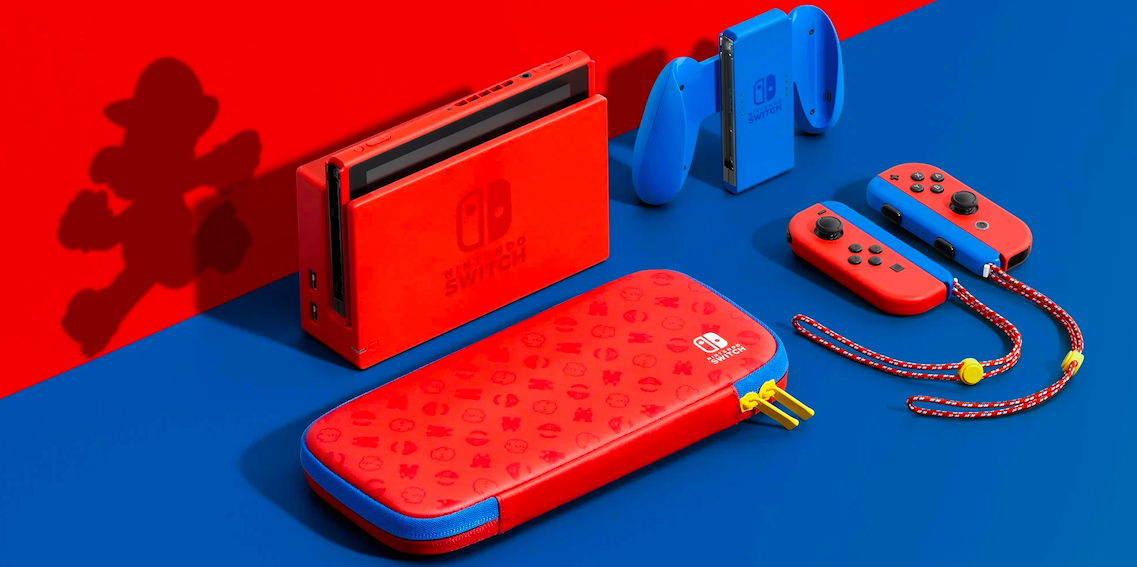
Eager to keep their customers happy, Tencent recently announced plans to align its marketing strategy with the rest of the world by opening preorders for the newest limited-edition Nintendo console, Mario Red & Blue, at 11am (Beijing time) on Jan 14, with an official market release on Feb 12. The limited-edition handset sells for RMB 2,099. Currently, there is no official announcement about how many copies will be available on the mainland, but according to some industry experts, France only received about 40,000 copies, meaning it might be wise to place an order before supplies run out.
The limited-edition Switch was designed to promote Super Mario 3D World+Bowser’s Fury, the sixth 3D platform game in the Super Mario series which will be getting an upgrade after it was originally released on the WiiU. It should be noted that, due to the difficulty of obtaining an ISBN in China, the game won't be released alongside the console. Nevertheless, it's still a positive sign for Chinese gamers hoping to play it on their Tencent Switch – limited-edition or not – later this year.

Meanwhile, good news for owners of the Tencent Switch, as Mario Tennis Aces officially hit stores in China last week, albeit only digital stores so far since physical copies won't be available until Feb 12. In classic Nintendo fashion, the game allows players to compete in a traditional match, or there's an option to make use of fantastical moves such as breaking your opponent's racket with a powerful smash. Incidentally, Mario Tennis Aces' addition to the Tencent Switch family means the console is quickly becoming a piece of fitness equipment rather than a gaming console since one-third of the games are either sports-themed or feature some physical component.
Read: Kapital Koopas: Games For These Indoor Days and Nights
Images: Steam, New York Times, Nintendo Life, Tencent

